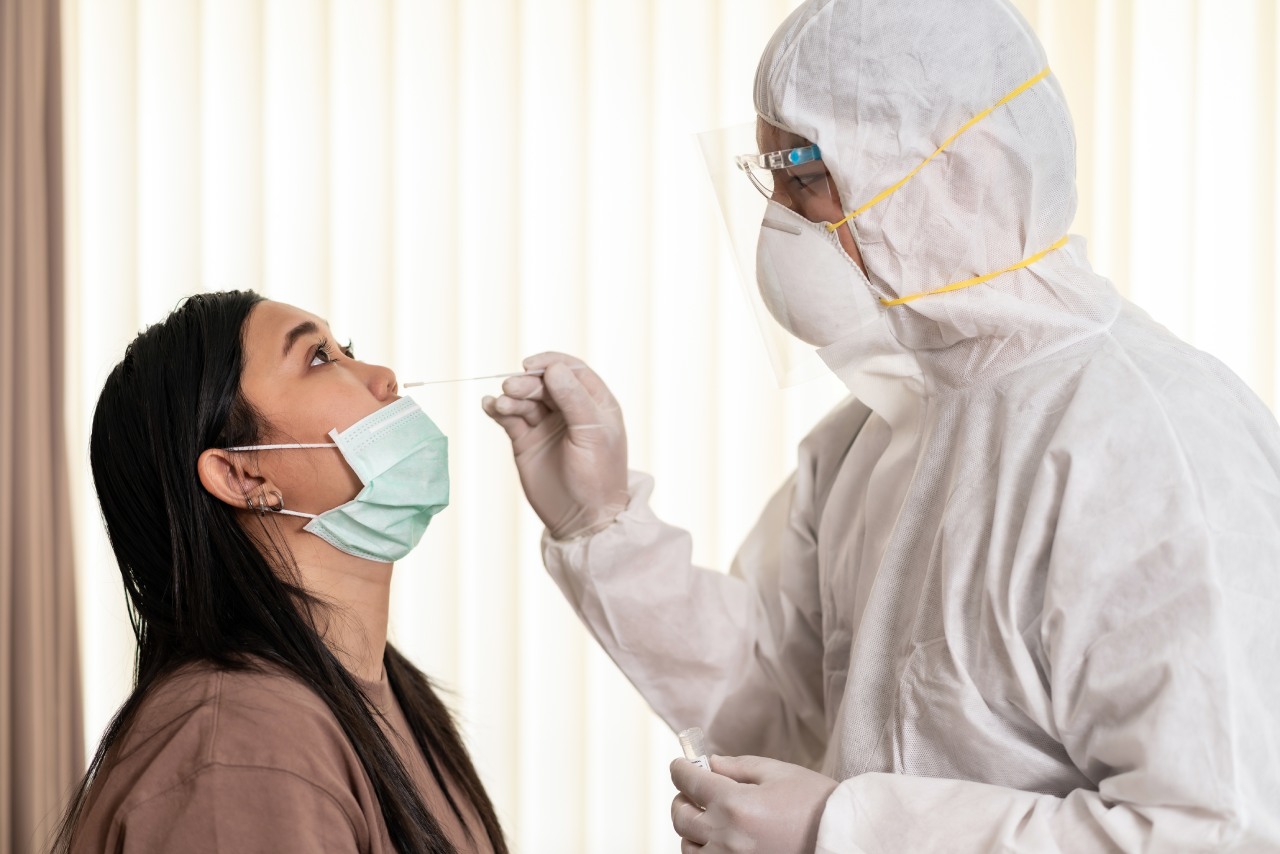Giving Diagnostics Its Due

Diagnostics form an important part of the healthcare industry. The key role it plays is not understood by many and diagnostics is often not given the recognition it deserves.
Why Is Diagnostics So Important?
Diagnostics influences a number of factors.
- Accurate diagnosis is important for the doctors to begin appropriate treatment. When the doctor has information available from diagnostic tests to correlate with the patient’s medical history and physical examination, it helps in zeroing in on the patient’s condition.
- Preventive care is gaining importance as screening and early detection play a huge role in not only detecting the onset of conditions but also in preventing many. The critical role diagnostics plays in preventive care cannot be stressed enough.
- We are all aware of the importance of early detection in cancer; detecting cancer early is crucial for cure. Screening is another important aspect of cancer care wherein seemingly healthy people are checked for incipient cancer symptoms.
- People with conditions like diabetes too benefit immensely from early diagnosis as this gives them a chance to reverse the condition before it progresses further.
- The proof of diagnostics’ value has been demonstrated by the drop in HIV infections as well as AIDS related mortality in India. This feat was possible because India targeted diagnosing these cases early. This was stressed on by both the public and the private players of the health care sector with diagnostics as the cornerstone.
- Diagnostics also influences the amount a person has to spend on treatment. Early detection means simpler treatments and as a result the cost of treatment is less. A condition that is just starting off will not require hospitalization and the attendant cost of hospitalization is thus avoided. Especially in India, where advanced treatments remain inaccessible for many and the cost of advanced treatments (when available) proves to be unaffordable, early treatment can be life-changing.
- While India is addressing the issue of quality healthcare for all, there is still a long way to go to achieve this and till then reliance on proper and early diagnosis is one of the most important tools we have to help the poor and ailing.
Diagnostics During the Pandemic – Rising to the Challenge
- When the COVID-19 pandemic took the world by storm in early 2020, every country was unprepared. With ‘track, test and treat’ being the government’s mantra for handling the pandemic, the onus was on the diagnostic industry to deliver.
- Starting off with just a single laboratory serving the entire country to what it is now, which is more than 3000 covering all regions, it is indeed a monumental effort by the diagnostics sector.
- However, this was not easy. While the demand for COVID testing kept increasing, the other healthcare issues lost prominence and hence the laboratories which did not offer COVID testing services suffered losses.
- Even the laboratories that provided COVID testing were finding it challenging to deal with the strict lockdown implemented and its restrictions.
- Lab technicians were finding commuting difficult due to the reduction in transport services. Procurement of raw materials was a challenge in spite of the government deeming diagnostics an essential service.
- The pressure of working in these stressful times was also taking a mental toll on many.
- Safety of the employees was of paramount importance and sourcing protective gear at the beginning of the pandemic was another challenge.
- The Government too had its requirements in terms of quick results and ceilings for testing rates.
Placed in a tough situation, the industry adapted and innovated to tackle the situation. To ensure safety, some centres had drive through testing; mobile testing centres made the services accessible to people and collecting samples from people’s homes helped make it more convenient and safer as well.
Serving the people while adhering to all the demands was taxing but the result of it is what is seen now – a resilient industry that not only delivered when it mattered but which has also come out smarter having incorporated digital technology in its armoury. With no one being able to predict the timeline of the waves, the diagnostic industry is now always on alert to deal with sudden surges.
The Way Forward
Artificial Intelligence Can Aid Health Care Providers: This is a field of vast interest now as the usefulness and accuracy of AI in helping diagnose conditions can aid patients with early diagnosis and treatment. Healthcare providers too can use AI to go through large volumes of data for faster diagnosis.
Wearable Smart Technology: Smart watches and similar devices allow continuous monitoring of various health parameters. Alerts are given if any abnormal value is encountered and the person can take appropriate action quickly. Further enhancements in this sector are expected.
Predictive Genetic Testing: This involves analyzing /testing a sample tissue from a person to predict the probability of a condition. This has huge implications as it could mean treating a person to prevent a condition before it even manifests.
These are just a few of the advances we can look forward to. As technology makes rapid strides, a marked evolution in the diagnostic industry too is expected.
